Could smartphone use mean fewer greetings on the running path?
If someone doesn't return your friendly greeting, it could be because of their phone
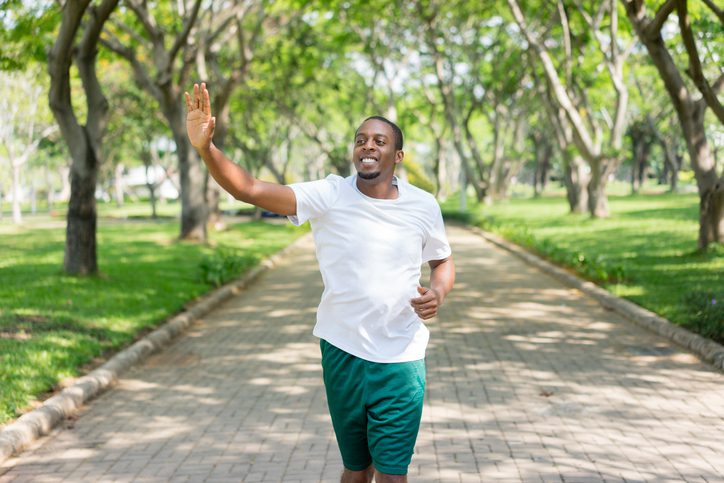
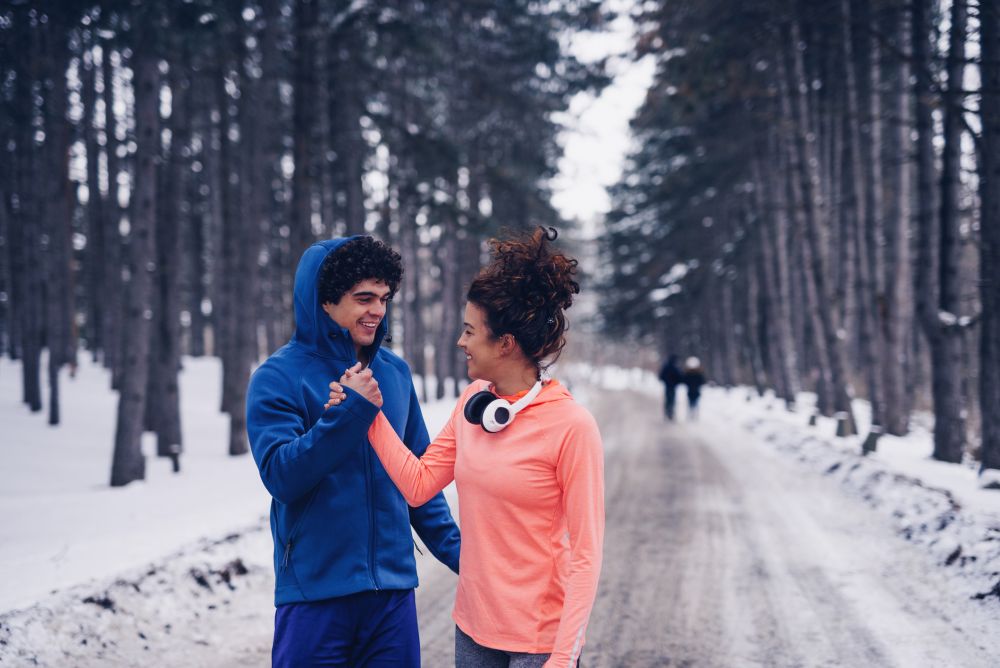
Do you make it a habit to greet other runners with a nod, a smile, or a thumbs-up? And do you ever get the feeling, lately, that your gesture is being returned less and less? If so, there may be a reason: smartphone use.
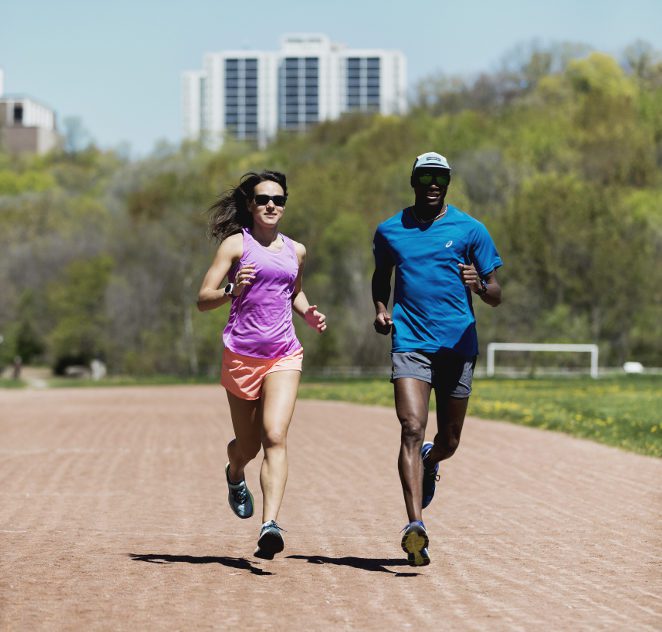
A study in the journal Computers in Human Behaviour by American and Canadian researchers suggests that smartphone use has lessened the frequency of pro-social behaviours such as smiling.
The study asked, “does being constantly connected to other people and activities through our smartphones diminish the need to engage with others in the immediate social world, reducing the likelihood of approach behavior such as smiling?”
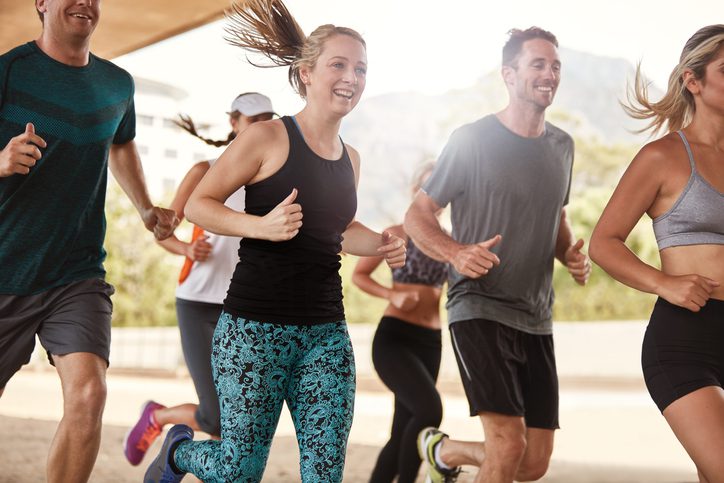
“Approach behaviour” is behaviour that encourages connection (as opposed to avoidance behaviour). Granted, the study subjects were not running at the time. But it’s not much of a stretch to extrapolate the results to situations like the running path.
In the experiment, people were grouped together for a period of time, some with their phones, and some without, and how much they smiled was tracked by people who were blind to the study’s hypothesis. Those who had their phones on them smiled significantly less than those who did not.
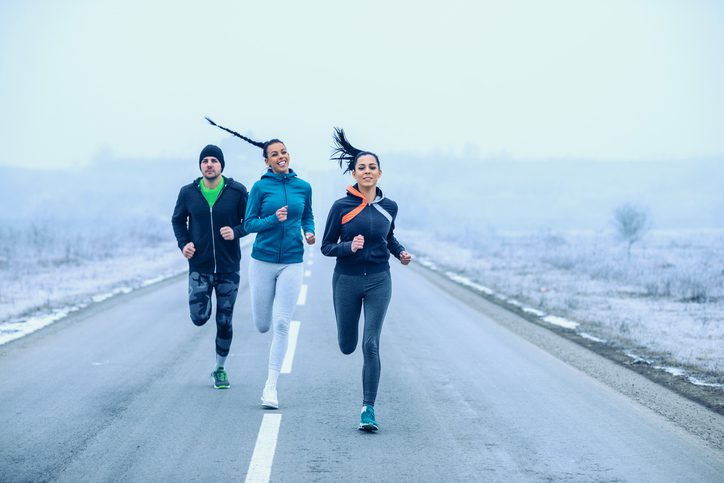
Here’s the study’s conclusion: “Compared to participants without smartphones, participants with smartphones exhibited significantly fewer smiles of any kind and fewer genuine (Duchenne) smiles. These findings… provide clear evidence that being constantly connected to the digital world may undermine important approach behaviour.”
Jason Proulx, a master’s student at Simon Fraser University’s psychology department and a junior author on the study, has this to say about its implications: “We caution against extrapolating our results to other populations or contexts: Our participants were undergraduate students studied within a controlled lab environment. Thus, it is important to first replicate and expand upon these results with larger and more diverse samples.”

Proux goes on: “To the extent that smartphones do undermine smiling and other approach oriented behaviours, our results can have important implications…. Smartphones may even undermine how much joy and social connection runners experience on their daily commutes if runners become less likely to smile or give a friendly nod towards fellow runners and passersby when they bring their smartphone with them.”
Is this really important? Actually, yes. Smiling triggers the release of the hormone oxytocin in both the smiler and the smilee, increasing our feelings of wellbeing and altruism towards others. These warm, fuzzy feelings, whether we’re consciously aware of them or not, may even result in better performance in a race.
Just consider the analysis of Des Linden’s behaviour towards Shalane Flanagan at the Boston Marathon this year. Linden went from feeling like it wasn’t her day and she would probably drop out, to winning the race. And some drew a direct connection between her offering to help Flanagan and her performance.
RELATED: Oxytocin: how the “love hormone” can help your running


